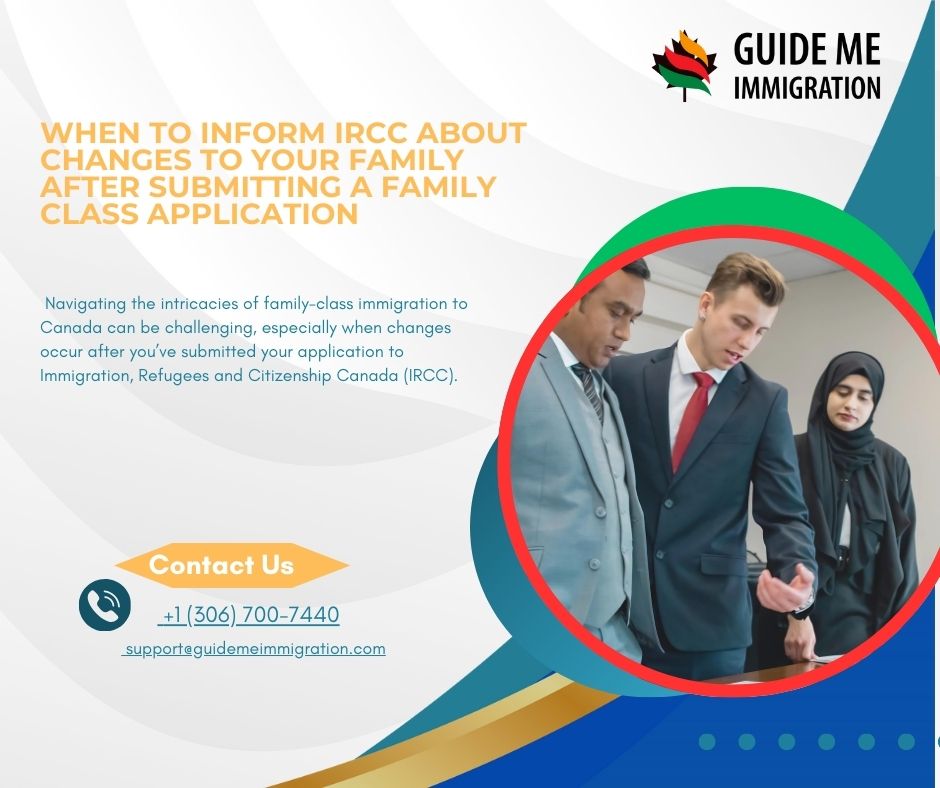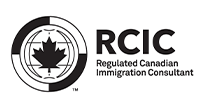When to Inform IRcc About Changes to Your Family After Submitting a Family Class Application
Navigating the intricacies of family-class immigration to Canada can be challenging, especially when changes occur after you’ve submitted your application to Immigration, Refugees and Citizenship Canada (IRCC). Understanding when and how to communicate these changes is crucial for the success of your application. Here, we’ll discuss the various scenarios that might necessitate informing IRCC about changes in your family situation, and the procedures involved.
Understanding Family-Class Immigration
Family-class immigration allows Canadian citizens and permanent residents to sponsor their family members to come and live in Canada. This category includes spouses, common-law partners, dependent children, parents, and grandparents. The application process is detailed and involves various requirements, including proof of financial capability and the genuineness of the relationship.
Common Changes That Require Notification to IRCC
Several situations may arise after submitting your family-class application that require you to inform IRCC. Here are the most common scenarios:
- Adding a New Family Member
Dependent Child of the Sponsor
If a new dependent child is born or adopted after your application is submitted, you can add this child to your application without undergoing another Minimum Necessary Income (MNI) assessment. However, you must pay any applicable fees for the newly added member and ensure that the child passes necessary medical and background checks.
Newborn Child
If you have a newborn after receiving your Permanent Resident (PR) visa but before officially becoming a PR, you must notify IRCC. To add your newborn to the application, you’ll need to pay the applicable processing fee and ensure that a medical examination is conducted for the child.
- Change in Principal Applicant
In cases where the principal applicant (the primary person sponsored) needs to change, this is primarily applicable for sponsorship applications concerning parents, grandparents, or dependent partners. Such changes can occur due to unforeseen circumstances, such as the principal applicant’s death.
In this case, IRCC allows the surviving spouse or partner to become the new principal applicant, provided they qualify as a family class member in their own right. Stepparents or step-grandparents may also be eligible based on humanitarian and compassionate grounds.
- Changes in the Sponsor’s Circumstances
Your financial situation may change during the application process. If IRCC suspects that your ability to meet sponsorship requirements has changed, they may pause the issuance of PR visas until a reassessment occurs.
If there is new information suggesting you no longer meet the income test, IRCC will allow you to submit additional documents or information to prove your continued eligibility as a sponsor. This evidence should cover the 12 months preceding the officer’s receipt of the new information and will be used to determine whether your change in circumstances is material to the visa decision.
- Changes in Relationship Status
If you experience a change in your relationship status—such as transitioning from a common-law partnership to marriage—you must inform IRCC. While such changes do not necessarily require reassessment, it is important to notify IRCC to ensure that they can continue to evaluate the genuineness of the relationship.
- Changes in Immigration Status
If you or any family member listed in your application changes their immigration status (e.g., from visitor to student), you must inform IRCC. Such changes can affect eligibility and must be communicated promptly.
How to Notify IRCC About Changes
To effectively inform IRCC about any changes to your application, follow these steps:
- Prepare Documentation
Gather all relevant documentation that supports your claim. For instance, if you are adding a dependent child, prepare their birth certificate, medical examination reports, and any other relevant documents.
- Submit Changes in Writing
Write a clear and concise letter detailing the changes in your family circumstances. Include your application number, your full name, and the names of the family members involved. Be specific about what has changed and provide any required documentation.
- Use the Appropriate Channels
Submit your notification via the IRCC online portal, or by mail to the address specified in your application guidelines. Make sure to keep copies of all correspondence for your records.
- Follow Up
After submitting your notification, it is wise to follow up with IRCC to ensure they received your update and to confirm any changes in your application status.
Importance of Timely Notification
It’s vital to inform IRCC of any changes as soon as possible. Delays in notification could lead to complications in processing your application, potential refusals, or even the need for reapplication. Transparency with IRCC helps maintain the integrity of your application and supports the credibility of your claims.
Navigating the family-class immigration process can be complex, particularly when changes occur after submitting your application. Whether you’re adding a new family member, experiencing a change in your relationship status, or dealing with alterations in your financial situation, it’s essential to communicate these changes to IRCC promptly and accurately.
By following the procedures outlined above, you can help ensure that your family’s immigration journey remains on track. If you have any questions or require assistance, don’t hesitate to reach out to immigration professionals who can provide guidance tailored to your unique situation.
By staying informed and proactive, you can enhance your chances of successfully bringing your loved ones to Canada and enjoying the benefits of family reunification. Remember, your family’s future in Canada depends on the diligence and care you put into managing your immigration application.







